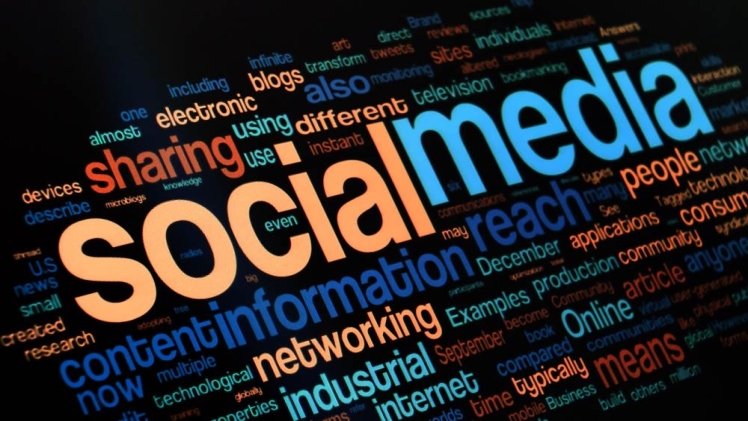In the digital age, social media has emerged as the vibrant and dynamic fabric that weaves together the threads of human connection, information dissemination, and cultural exchange. From the early days of simple online forums to the present landscape of visually rich platforms, social media has transformed the way we communicate, share, and engage with the world. As we navigate the intricate tapestry of social media, it is essential to reflect on its impact, benefits, and challenges in shaping our interconnected digital society.
At its core, social media is a reflection of our innate desire for connection. It serves as a virtual agora where individuals from diverse corners of the globe converge to share their thoughts, experiences, and perspectives. Platforms like Facebook, Twitter, Instagram, and LinkedIn have become digital town squares, facilitating conversations and connections that transcend geographical boundaries. Social media has democratized the ability to communicate, allowing voices that were once marginalized to find a global audience.
The visual allure of platforms like Instagram and Pinterest has transformed the way we share our stories. Photos, videos, and multimedia content have become powerful tools for self-expression and storytelling. Whether it’s a captivating travel photo, a poignant video essay, or a snapshot of everyday life, social media has turned users into storytellers, each post contributing to a collective narrative that shapes our online identities.
Information dissemination is one of the key strengths of social media. News, trends, and cultural movements spread at a rapid pace, making social media a real-time information hub. However, this rapid dissemination comes with challenges, as misinformation and fake news can also propagate swiftly. Navigating the vast sea of information requires media literacy and critical thinking skills, underscoring the importance of responsible usage.
Social media has revolutionized activism and social movements by providing a platform for marginalized voices to be heard. Movements like #BlackLivesMatter and #MeToo gained momentum through the viral nature of social media, highlighting the power of these platforms to mobilize communities, raise awareness, and effect change. Social media has become a catalyst for social justice movements, fostering a sense of solidarity and collective action.
Despite its undeniable benefits, social media is not without its challenges. The curated nature of online personas can contribute to a culture of comparison and unrealistic expectations. The quest for validation through likes and comments can impact mental health, leading to issues such as anxiety and low self-esteem. Striking a balance between online and offline life becomes crucial for maintaining a healthy relationship with social media.
The algorithms that govern content visibility on social media platforms raise concerns about echo chambers and filter bubbles. Users may find themselves surrounded by content that aligns with their existing beliefs, limiting exposure to diverse perspectives. This phenomenon can contribute to polarization and hinder open dialogue, emphasizing the need for intentional efforts to diversify online interactions.
In conclusion, social media has become an integral part of the modern human experience, connecting us in ways previously unimaginable. It has redefined communication, storytelling, and activism, empowering individuals to contribute to a global dialogue. As we navigate this digital tapestry of connection, it is imperative to approach social media with intentionality, cultivating a space that enriches our lives, broadens our perspectives, and fosters genuine connections in the ever-evolving landscape of the online world.

